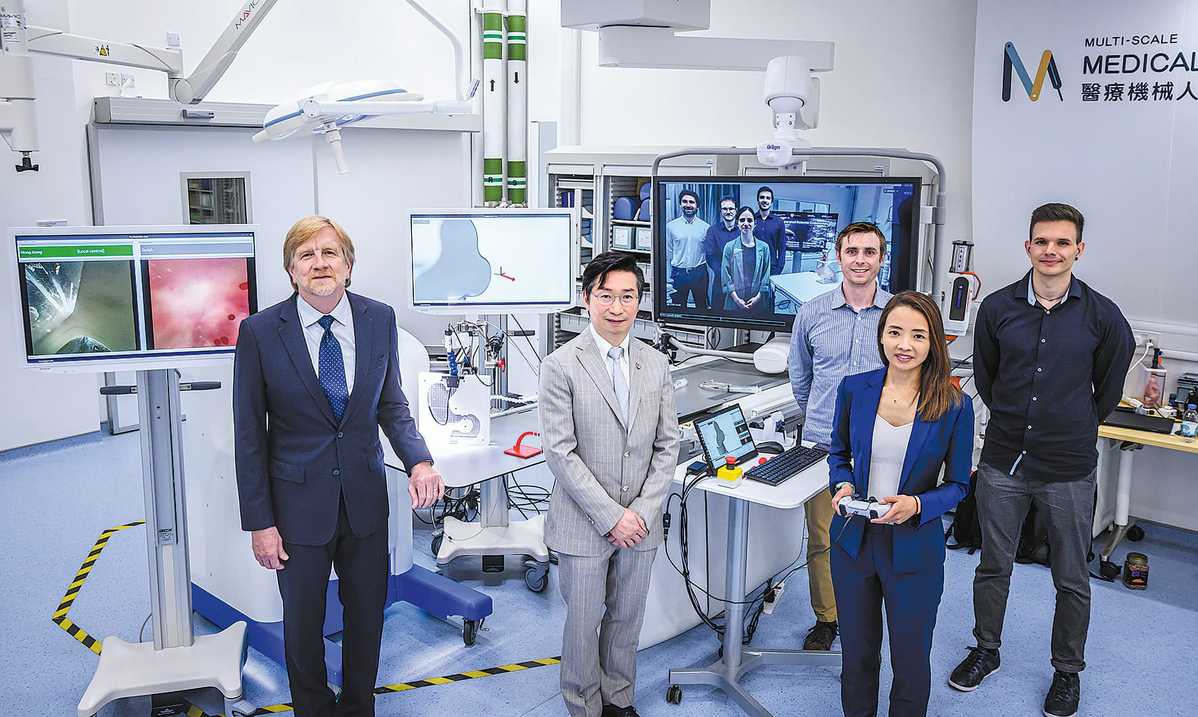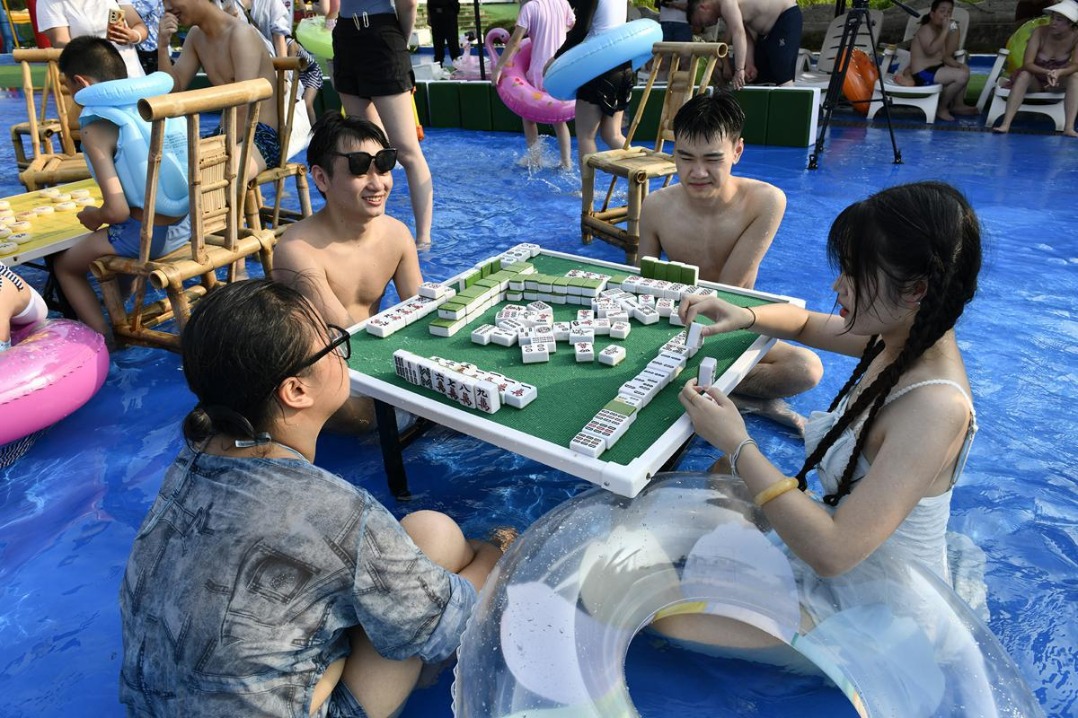HK prepares to receive academic brain drain from United States
Administration's crackdown on Harvard viewed as opportunity to lure top students, research talent to the city


On May 22, the US Department of Homeland Security moved to strip Harvard's authority to enroll foreign students — a move later blocked by a federal court. On June 4, a presidential proclamation sought to bar Harvard's international students from entering the US, only to be again halted by a judge.
With the US government appealing the rulings, 6,800 students and researchers from 140 countries and regions — 27 percent of Harvard's student body — are now in limbo, facing potential deportation if the administration prevails.
What began as a debate over campus free speech has escalated into an existential crisis for Harvard — one of the world's wealthiest university — and Hong Kong is preparing to seize the opportunity.
Lau Chi-pang, associate vice president of Lingnan University and a Hong Kong legislator, believes the growing uncertainties of US policy — coupled with safety concerns — could drive more international students to choose Hong Kong instead.
"Given the current turmoil, students considering Harvard or Yale naturally wonder 'could this happen to me?'" he said.
Geopolitical tensions and anti-Asian hostility have already led many Chinese students to reconsider studying in the US.
In the 2023-24 academic year, India surpassed China as the top source of international students in the US, while Chinese enrollments dropped 4.2 percent year-on-year to 277,000.
Hu Min, president of New Channel International Education Group, which offers application consultancy, noted that US visa uncertainties, especially for STEM students, have forced many to seek backup options and look to Hong Kong — thanks to its blend of academic prestige and stability.
"Research-focused students prioritize regulatory certainty, and Hong Kong delivers that," he said.
A 2025 report by consultancy EIC Education based on more than 100,000 students applying for 31 study hubs, ranked Hong Kong as the second-most popular study destination for mainland students after the US, citing high-quality education, proximity to the mainland, and favorable talent policies.
Hong Kong universities have moved swiftly to capitalize on concerns over the turmoil in the US, launching targeted campaigns featuring expedited admissions and generous scholarships to attract scholars.
The strategy serves dual purposes: demonstrating academic solidarity, while trying to strengthen Hong Kong's talent pipeline — a critical edge as global competition for elite researchers intensifies.
Early results are promising. Hong Kong's eight publicly funded universities had received 850 transfer inquiries from students affected by US policies, and extended at least 36 formal offers as of the end of June.
Among the most proactive is the Hong Kong University of Science and Technology, which openly courted Ivy League students. Of seven offers made, six were accepted — all with scholarships.
Charles Ng Wang-wai, HKUST's vice president for institutional advancement, said the Trump administration's crackdown might also drive away talented professors — presenting Hong Kong with a golden opportunity to recruit world-class academics.





































